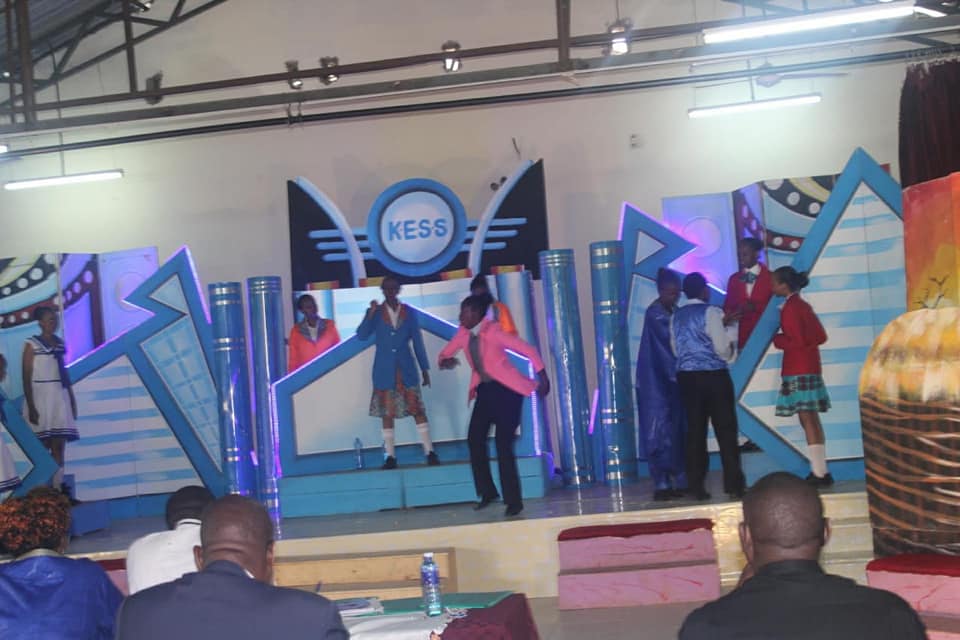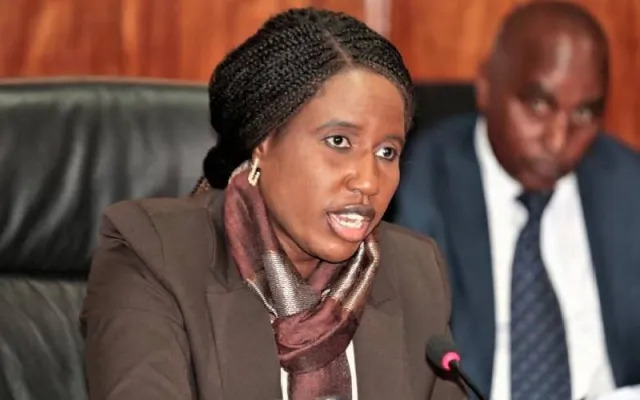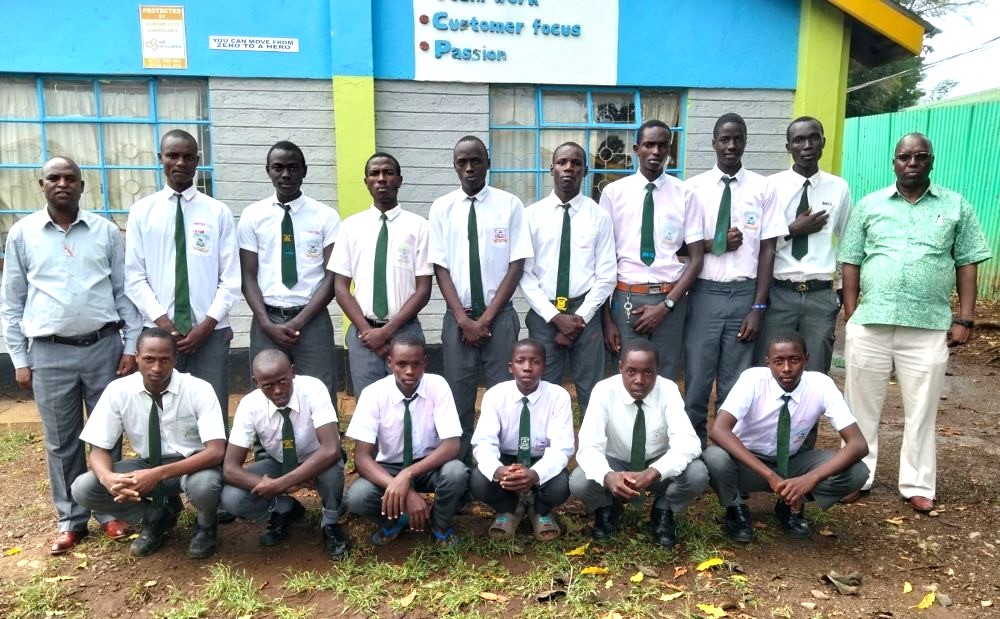The development of effective timetables and daily routines in Senior Schools (Grades 10 to 12) is the nub of my 21st treatise on Competency-Based Education (CBE), in line with the impressive implementation of the Competency-Based Curriculum (CBC). The development of timetables is important in schools. For it fosters a productive learning environment where both learners and educators interact; hence, achieve the desired learning outcomes.
Actually, a well-structured timetable ensures that all learning areas are covered comprehensively. Likewise, it promotes the impressive implementation of both balanced academic and co-curricular activities. Just to laymanise it, Guidelines for Implementation of Senior School Education spells out a raft of rules to be adhered to when developing timetables that optimise the utilisation of time and teaching and learning experiences, as well as supporting the achievement of the overall educational goals in the institution.
Timetabling Development Committee
Foremost, we begin this disquisition on the development of the Timetabling Committee in Senior Schools, which includes: (a) Deputy Head of Institution (DHoI), (b) Senior Masters in charge of Career Pathways, (c) Heads of Subjects, and (d) Class Teachers of Grades 10, 11 and 12. The onus is on the committee to convene planning meetings at the beginning of every term for the purposes of development or review of the school timetable.
Approval and Ratification of Timetables
Once the timetable is developed, it should be presented to the Head of Institution (HoI) for approval and ratification. Then, the approved timetable should be displayed in all administrative offices, classes, laboratories and notice boards. Every teacher is to extract the respective timetable for wise use in implementing the curriculum.
Allocation of Lessons on the Timetable
There will be 8 lessons per day. Derived from the core, elective and support subjects. Physical Education (PE) will have 3 lessons per week. Then, ICT will have 2 lessons per week. Whereas, Learner Personal or Group Study and Pastoral Programme for Institution (PPI) will have 1 lesson per week. Cumulatively, there will be a total of 40 lessons per week. Each lesson will take 40 minutes.
Reporting and Departure Time
Reporting time for Grades 10, 11 and 12 learners in Senior Schools will be at 8:00 am. The 8:00 am to 8:20 am will be utilised for roll call, assembly, house or class meetings where applicable. Lessons will begin at 8:20 am and end at 3:30 pm.
Balancing Subjects on the Timetable
Subjects plotted on the timetable will be derived from the KICD-approved curriculum designs. When plotting lessons, the committee will ensure that the subjects with similar skills, knowledge or concepts do not follow one another on the timetable. This is also to pique the interest of learners, reduce monotony in skill, concept and knowledge-acquisition. Meaning, plotting of lessons must observe balance in the distribution of subjects for morning and afternoon hours across the week.
READ ALSO:
KCB Foundation reserves 100 scholarships for students with disabilities in 2026 Cohort
All core subjects – English, Kiswahili or Kenya Sign Language, Core Mathematics or Essential Mathematics and Community Service Learning – will be plotted as a single lesson. Support subjects such as Physical Education (PE) and ICT will be plotted as single subjects. Then, there will be only 1 double lesson for Arts and Sports Science and STEM subjects.
Arts and Sports Science and Physical Education (PE) lessons will be plotted before a break so as to allow learners have ample time to prepare for the next lesson.
_ Brief Health Breaks
Health breaks will be provided after 2 lessons. The first break will be for 10 minutes. The second break will be for 30 minutes. Lunch break will take 1 hour or so.
Non-Formal Programmes
Non-Formal Programmes (NFPs) will be plotted on the timetable after the last lesson at 3:20 pm. NFPs support formal learning and are generally focused on extending learning in practical and meaningful contexts. NFPs include: Pastoral Programmes of Instruction (PPIs), school assemblies, clubs and societies and movements, games and sports, Music and Drama Festivals, Science Fairs, Exchange Programmes, Guidance and Counselling, Community Service Learning (CSL) activities and projects.
Daily Routine in Day Schools
The daily routine will be provided as stipulated in the Basic Education Regulations, 2015. Part 8 Section 84. The official operating hours for all public and private institutions will be Monday to Friday. No day institution of Basic Education and Training will require learners to report to school earlier than 7:15 am. Class hours will be from 8:00 am to 3:30 pm; that is from Monday to Friday. Co-curricular Activities (CCAs) will be from 3:30 pm to 4:45 pm; that is from Monday to Friday.
Daily Routine in Boarding Schools
All Basic Education institutions with boarding facilities will operate 24/7-hour basis. Class hours will be from 8:00 am to 3:30 pm; that is from Monday to Friday. Co-curricular Activities (CCAs) will be from 3:30 pm to 4:30 pm; that is from Monday to Friday. Prep time will be from 7:30 pm to 9:30 pm; that is from Monday to Friday. Bedtime will be 9:30 pm to 6:00 am. Supervised Routine Activities (SRAs) shall be from 6:00 am to 8:00 am. Then, no boarding institution will send away an unaccompanied learner later than 9:00 am. The latest reporting time for learners in boarding institutions shall be 5:00 pm.
Annotation on Timetable and Routine
In all schools, the national flag shall be raised during the school assemblies on Mondays and Fridays. In geographical locations that experience extreme temperatures, the starting point and end of the school routine shall be adjusted so long as there is no interference with the requisite contact hours of learners. Pastoral Programmes of Institutions (PPIs) will be facilitated by a responsible member of a recognised and legally-registered faith. Parental Empowerment and Engagement (PEE) will be of the essence. Therefore, learning institutions should create opportunities for information sharing and involvement of parents/guardians in the impressive implementation of the curriculum.
By Victor Ochieng’
Victor Ochieng’ is an educator (academic and career) consultant. He rolls out talks and training services in schools. He assists schools to write new, or review existing Strategic Plans. vochieng.90@gmail.com. 0704420232
You can also follow our social media pages on Twitter: Education News KE and Facebook: Education News Newspaper for timely updates.
>>> Click here to stay up-to-date with trending regional stories
>>> Click here to read more informed opinions on the country’s education landscape






